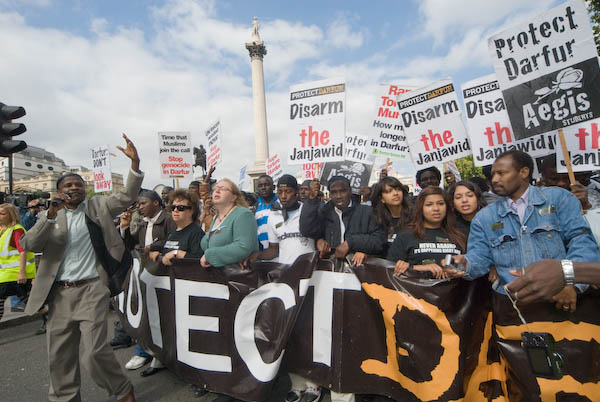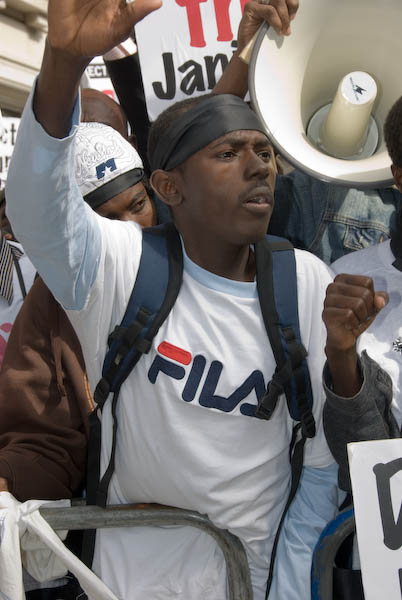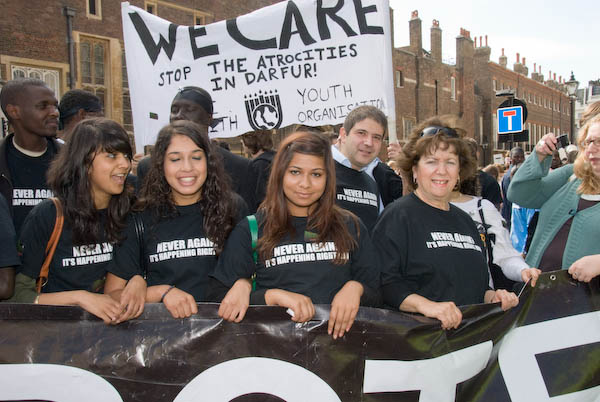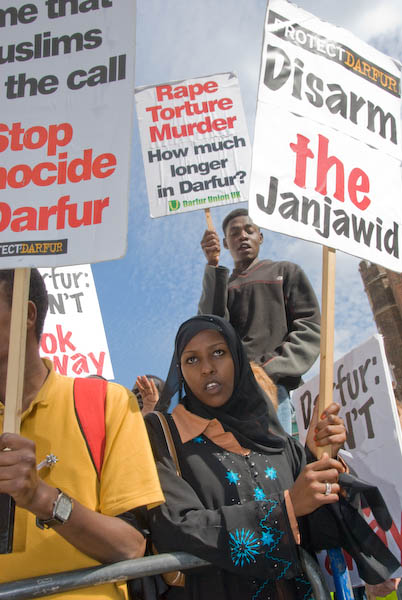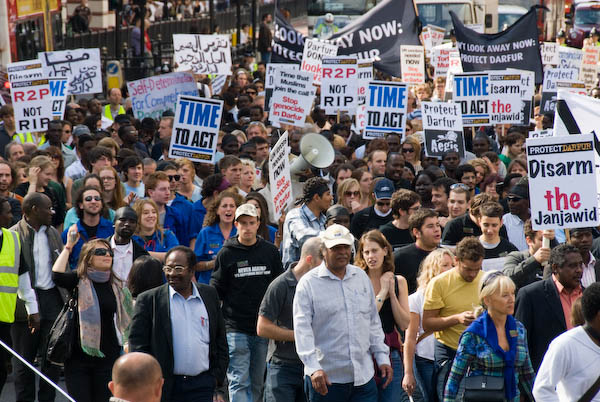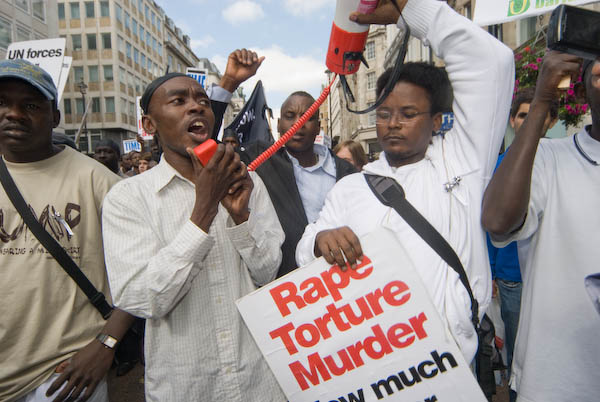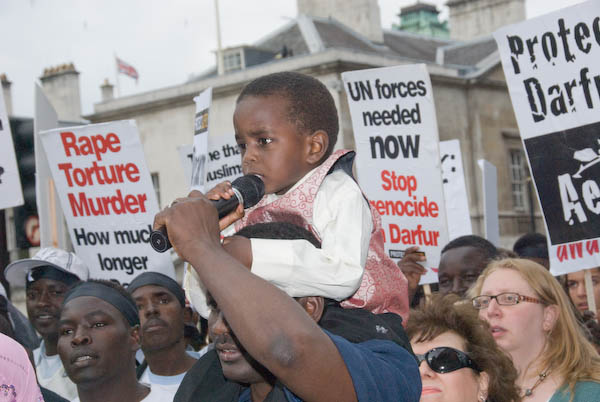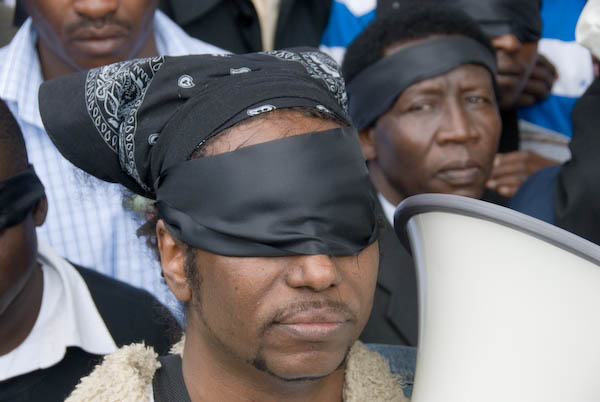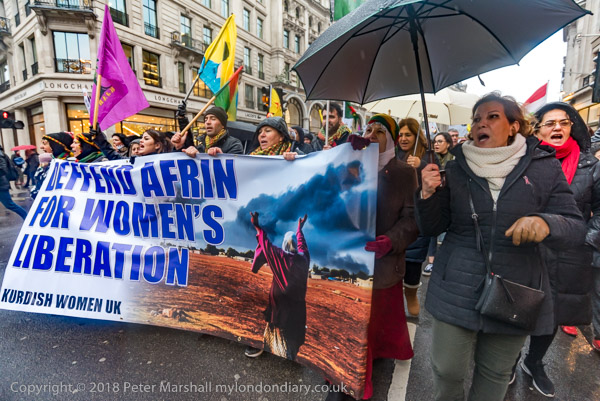
The largest protest I attended on Saturday 27th January 2018, four years ago was against the Turkish attacks on Afrin in Northern Syria, then a part of the Democratic Federation of Northern Syria (DFNS) or Rojava, a de facto autonomous region in northern Syria.
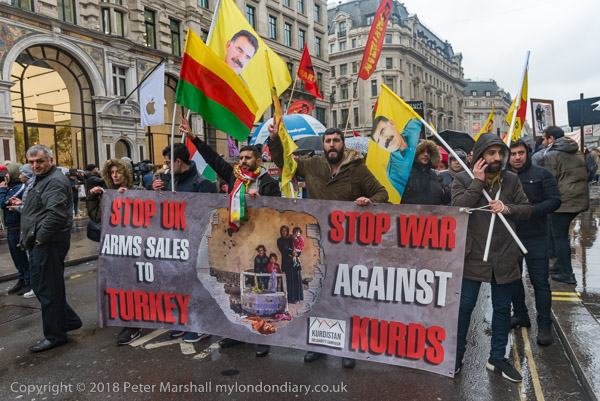
Turkey, a NATO member with probably the largest and best-equipped army and air force in the Middle East was taking on the small and poorly equipped Kurdish forces, and despite a valiant fight the final result was predictable, particularly once Russia, the other major player in the Syrian conflict had given them their blessing.
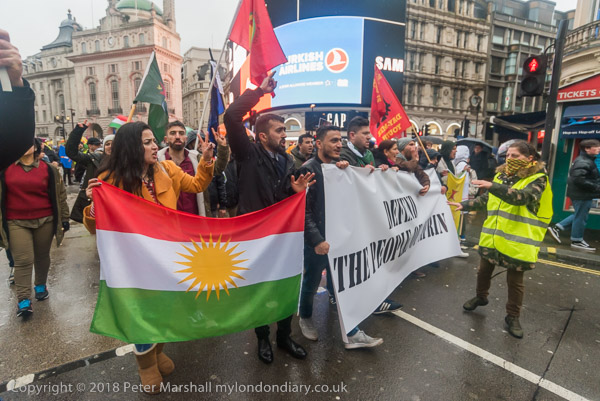
Turkey has continued its attacks on Northern Syria, but mainly through air strikes, but these are seldom reported in UK media although covered by specialist sources such as ‘Foreign Policy‘, part of the Slate Group.
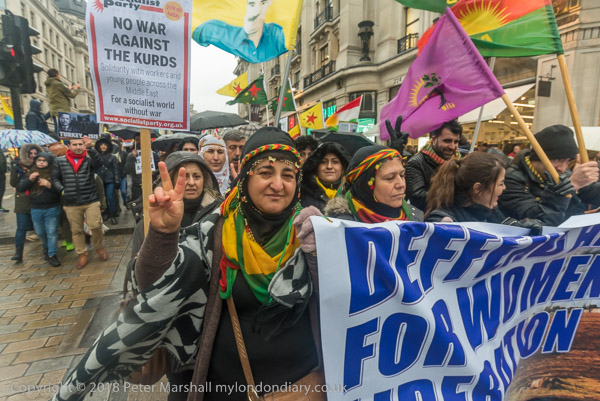
The US gave some support in other battles fought by the Kurds against Islamic State forces, but this was always limited and mostly ended with the withdrawal of US troops which was announced by Trump in December 2018, and again in October 2019, although around 900 were still there in October 2021. Turkey has been a major source of finance for ISIS, allowing them to profit from smuggling of oil, and backing some groups which were fighting with them.
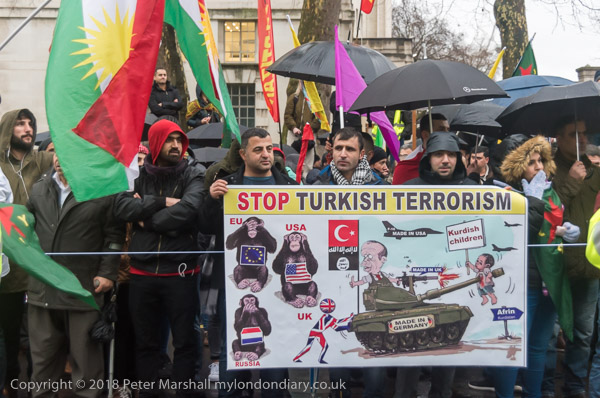
In recent days there have been short mentions on the BBC about the continuing battles being fought by the Syrian Democratic Forces, a US-backed, Kurdish-led militia against Islamic State in Northern Syria. The prisons and refugee camps where former ISIS fighters and supporters are held are largely in Kurdish territory and ISIS are still active and fighting to release people from detention to increase their strength.
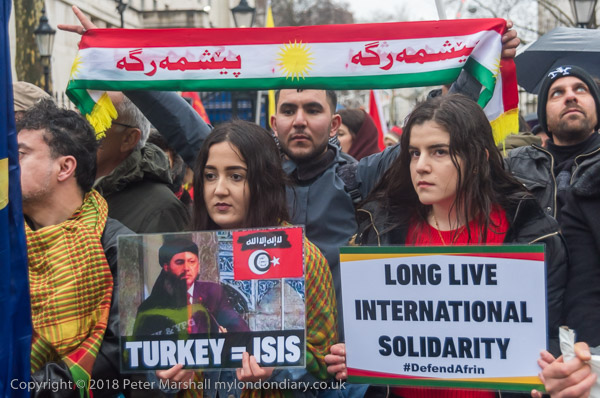
As I wrote in 2018, “the constitution of Rojava treats all ethnic groups – which include Arabs, Assyrians, Syrian Turkmen and Yazidis as well as Kurds – equally and liberates women, treating them as equal to men. The constitution is based on a democratic socialism and its autonomy is seen by many as a model for a federal Syria.”
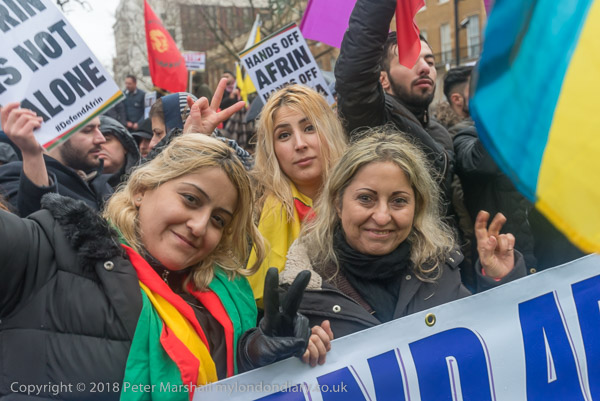
Unfortunately there seems little chance that such a model with be adopted more widely. Turkey continues to attack the Kurdish areas and does so using weapons sold to them as a NATO member by the UK, France and UAE. Turkey claims that the Kurdish forces fighting ISIS are an extension of the Kurdistan Workers’ Party, PKK, founded in 1978 which began its armed struggle for self-rule for Kurds in Turkey 1984.
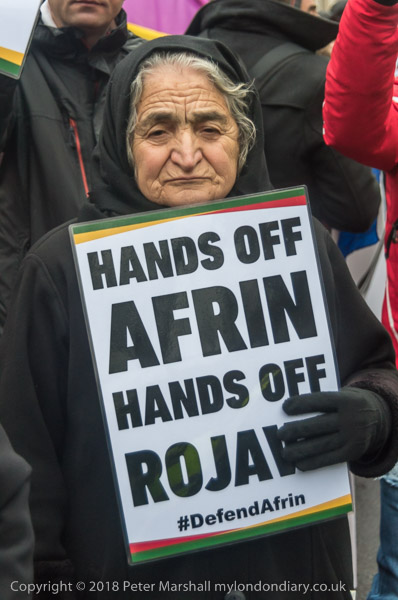
PKK leader Abdullah Ocalan has been held in a Turkish jail since 1999 and the organisation has been proscribed in many countries allied to Turkey, including the USA and UK. Several PKK flags were seized by police at the start of the march.
More at Defend Afrin, stop Turkish Attack.
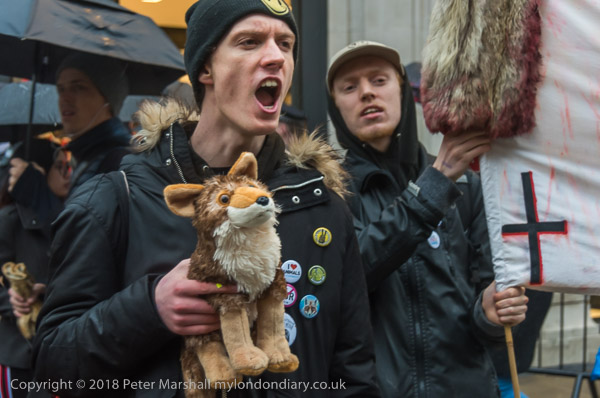
This was not the only protest in London on that day, and I also photographed two other events. African Lives Matter and the International Campaign to Boycott UAE were outside the UAE Embassy in London protesting against the funding by the the United Arab Emirates United of armed Groups in Libya which imprison, torture and kill African migrants and sell them as slaves. On Regent St, the long-running protest outside the Canada Goose flagship store in Regent St was continuing asking shoppers to boycott the store because of the horrific cruelty involved in trapping dogs for fur and raising birds for down used in the company’s clothing.
Canada Goose protests continue
End UAE support for slavery in Libya
